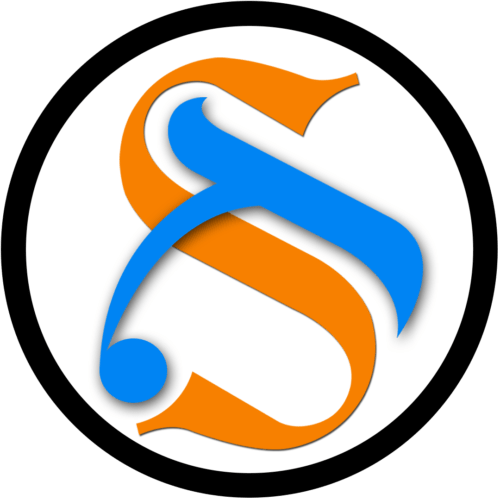The development of a joint action plan to address gaps in strengthening regulatory systems for technologies, medicines and vaccines in the Americas is one of the primary objectives of the Meeting of the National Regulatory Authorities of Regional Reference (NRAr), taking place this week in Washington, DC.
The NRAr Group, which is temporarily chaired by Brazil, also seeks to renew its commitments in the context of the Policy for Strengthening National Regulatory Systems for Medicines and Other Health Technologies (approved by the Pan American Sanitary Conference in September 2022).
The main topics to be discussed by the NRAr Group, whose permanent secretary is the Pan American Health Organization (PAHO), include a roadmap for the transition to WHO-listed authorities (WLAs) and the presentation of regional initiatives to strengthen regulatory capacities for human resources. The meeting will take place from 11-12 July.
During his opening remarks, PAHO Director, Dr. Jarbas Barbosa, reaffirmed his commitment to strengthening the regulatory capacities of Member States.
He also highlighted the fundamental role of the NRAr Group in the implementation of the new global assessment strategy to strengthen the region’s regulatory systems.
“Only through the development of strengthened and efficient systems, based on good regulatory practices, that promote the adoption of harmonized standards and the use of decisions from other jurisdictions, can we ensure equitable access to safe, effective and quality health technologies, both in routine situations and health emergencies,” Dr. Barbosa said.
During the event, the president of Brazil’s Health Regulatory Agency (ANVISA), Antonio Barra, underscored the differences in regulatory capacities between countries. “As regional reference authorities, we have a special responsibility to coordinate our efforts and work together with PAHO for the benefit of the entire region,” he added.
PAHO Assistant Director, Dr. Marcos Espinal, warned that despite advances in regional regulation over the past decade, significant gaps persist.
He pointed out that these asymmetries are particularly reflected in the competencies of health personnel and key regulatory functions, such as post-market surveillance.
“COVID-19 impacted the agendas and priorities of the actors committed to the promotion of public health, including the NRAr Group. It is time to resume and perfect the efforts postponed by the health emergency, integrating the lessons learned from the pandemic and the priorities established in resolutions approved by PAHO Member States in recent years,” Dr. Espinal said.
The NRAr Group meets twice each year since 2012, to discuss regulatory issues and to establish an annual work plan.
The role of national regulatory authorities in the region is to promote and protect public health by monitoring the quality, safety and efficacy of all health technologies on the market, including drugs, vaccines, blood products, medical devices, among others.
The NRAr Group is made up of the National Administration of Drugs, Food and Medical Devices (ANMAT) of Argentina, the National Health Regulatory Agency (ANVISA) of Brazil, the National Institute of Drug and Food Surveillance (INVIMA) of Colombia, the Center for State Control of Medicines and Medical Devices (CECMED) of Cuba, the Public Health Institute (ISP) of Chile, the Federal Commission for Protection against Sanitary Risks (COFEPRIS) of Mexico, Health Canada, and The Food and Drug Administration (FDA) of the United States.
The designation of these authorities, based on a Resolution of PAHO’s Directing Council, is a recognition of the regulatory capacities in the region.
This designation promotes the exchange of information on the regulation of medicines and other health technologies among countries, thus strengthening other national regulatory bodies.
SOURCE: Pan American Health Organization









Again, another national regulatory system meeting that will will not solve the entry of fake drugs, vaccines, blood products, medical devices, and other medicines and supplements. The poorest countries in the Americas, especially Brazil are easy prey for those unscrupulous, dishonest, and incorrigible medicine providers, that take advantage of corrupt administrators and purchasers in the undeveloped Americas like Saint Lucia. Most pharmacists in St. Lucia, aware of those drugs and medicines that do not meet satisfactory quality standards. Undercover dealings with purchasers usually promote the entry of sub-standards drugs and medicines into our poor countries.